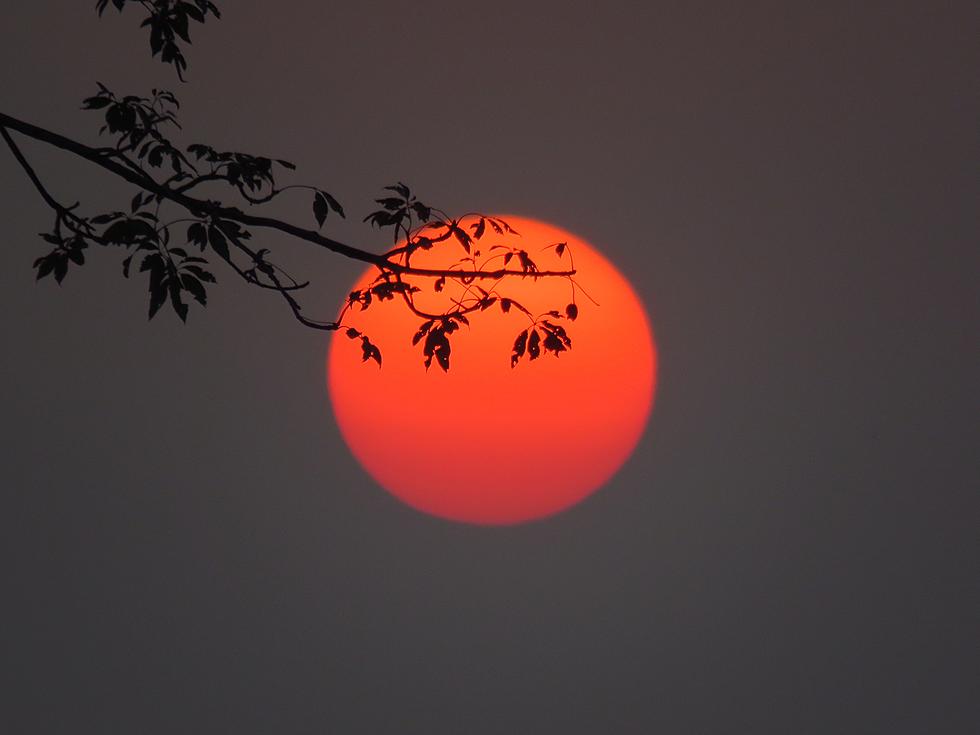
Saharan Dust to Kick Up Spectacular Sunsets in South Louisiana
Scientists at NOAA, the National Oceanic and Atmospheric Administration have been watching a large plume of dust waft across the waves of the Atlantic Ocean over the past few weeks. The dust comes from the Sahara Desert and believe it or not, it has an influence on the weather, or at least it can, in South Louisiana.
It's not uncommon for large plumes of particulate matter to sweep up in the winds that blow across the Sahara to eventually find their way into the skies of South Louisiana. The dust clouds usually blow up in the late spring and summer months and drift westward across the Atlantic. That's right, those dust clouds will travel in excess of 5,000 miles.
Scientists who study the Saharan Air Layer or as it is known by its more formal name, the Aerosol Optical Thickness say the plumes can carry as much as 60 million tons of dust into our atmosphere.
As you can see a large amount of dust from Africa has made its way into the Gulf of Mexico and is now being pushed onshore in Texas and Louisiana.
What this will mean for residents of South Louisiana, for at least the next several days there may be an uptick in your allergy symptoms, if you're sensitive to dust. You might also notice some very vibrant colors in the sunset each day as well. Some of the larger metropolitan areas might have an issue with air quality during the times when the Saharan Layer is more prevalent.
Another benefit of the Saharan Dust is that it does tend to suppress tropical storm development. That's because the air usually associated with the dust layer is very dry. Dry air is not the kind of environment that tropical systems usually thrive in.
The downside to the dust, besides the allergies and air quality, could be that it tends to choke off afternoon thunderstorm development. Which for a lot of people is a good thing but remember, when the showers don't fall down, the temperatures climb up. So, we might be a little warmer this next week than we were last week.
KEEP READING: Get answers to 51 of the most frequently asked weather questions...
More From News Talk 96.5 KPEL









